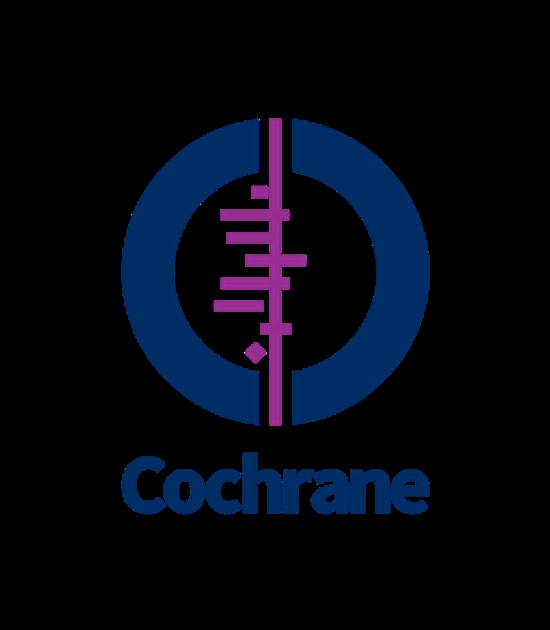Cochrane Summary: Psychostimulants for Hypersomnia in Myotonic Dystrophy

Background:
Hypersomnia, characterized by excessive daytime sleepiness, is frequently reported by individuals with myotonic dystrophy, a genetic disorder leading to muscle weakness and wasting. This condition can contribute to breathing difficulties, which may exacerbate sleep issues.
Objective:
To evaluate the effectiveness and safety of psychostimulants—medications that enhance alertness—compared to placebo or no treatment for managing hypersomnia in patients with myotonic dystrophy.
Methods:
A systematic search was conducted for studies assessing the effects of psychostimulants on hypersomnia in both children and adults with myotonic dystrophy. The findings were summarized, and the quality of evidence was rated based on study design and sample size.
Findings:
- A total of six studies were identified that investigated the use of psychostimulants in individuals with myotonic dystrophy.
- The effects of psychostimulants on hypersomnia, as assessed by objective sleep studies, are uncertain.
- Patients reported subjective improvements in hypersomnia.
- There is a potential increase in the risk of adverse effects associated with psychostimulant use.
- No studies evaluated the long-term effects of treatment beyond four weeks, and participant numbers were small (ranging from 11 to 40 adults).
Conclusions:
Psychostimulants may provide some subjective relief for hypersomnia in myotonic dystrophy; however, their overall effectiveness and safety remain unclear. Further high-quality studies are needed to clarify the long-term effects of these treatments.
Evidence Update:
This review updates previous findings, with the evidence current as of January 2023.
Copy short link:



Comment